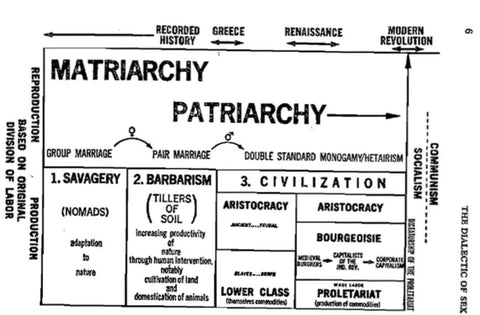Shulamith (Shulie) Firestone was born in Canada in 1945 to an Orthodox Jewish family, Shulie moved to the United States as a child and graduated from the School of the Art Institute of Chicago. In her lifetime she helped create several radical feminist groups including The Westside Group, an early consciousness-raising group in Chicago which she started with Jo Freeman. In 1967, Firestone was one of the founding members of New York Radical Women.
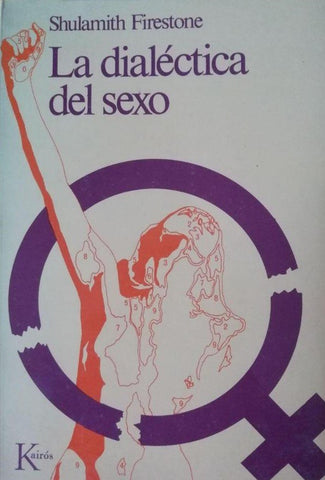
On 7 September 1968, the NYRW held a demonstration at the Miss America 1969 pageant in New Jersey in order to expose the normative beauty standards imposed upon women. The protesters saw the Miss America contest as restrictive and damaging to women, but also recognized the role it had in American society and concluded that it would be the ideal place to gain attention for the women’s movement.
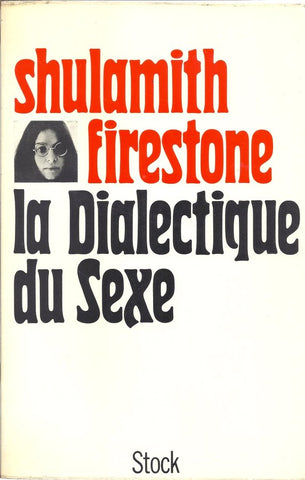
The protesters set up a Freedom Trash Can into which they threw products which were symbolic of the construct of femininity such as false eyelashes and mops, and handed out their pamphlet titled No More Miss America. By unfurling a Women’s Liberation banner in the concert hall, the protest gained international media attention, thus fulfilling its aim of consciousness raising.
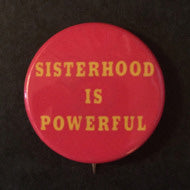
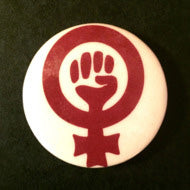
It was at this protest that the phrase ‘bra burning’ was born. One journalist who was covering the event drew the similarity between the feminist protestors with those who protested the Vietnam war who burned their draft cards, thus the phrase gained traction, and incorrectly attached to the protest.
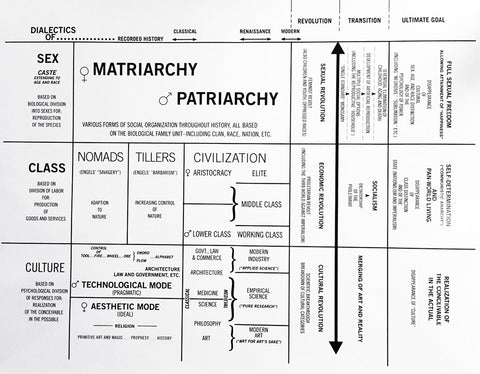
In January 1969, Firestone and Ellen Willis split from the NYRW and formed the radical group, the Redstockings. One of the group’s first protests was in March 1969 where Firestone organised the first abortion speak-out at Judson Memorial Church on Washington Square. Twelve women were invited to discuss their experience of abortion (which was still illegal at the time) as well as childbirth and adoption.
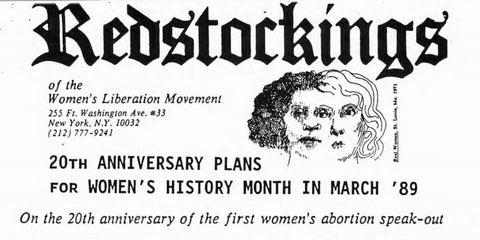
In 1970, when she was 25, Shulamith wrote The Dialectic of Sex in which she adapted the theories of Marx and Freud into a radical discussion on gender inequality.
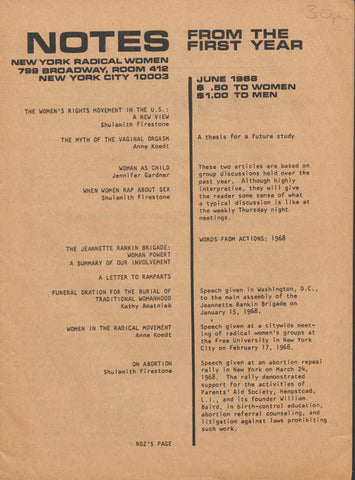
The central ambition of the book is to create a world where genital differences between humans would be culturally irrelevant; Shulamith wanted radical gender equality, which meant to eradicate all gender structures entirely. Furthermore, as only women were physiologically capable of giving birth to children, she suggested humans needed to devise ways of reproducing artificially to undo gender inequality.
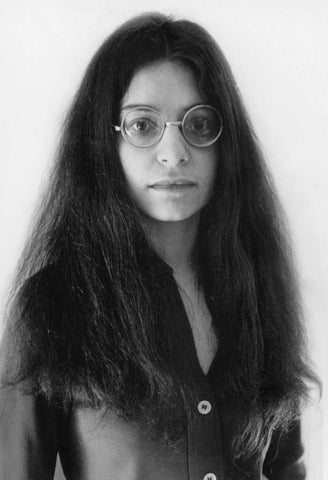
The Dialectic of Sex was a bestseller and therefore attracted a lot of attention within the women’s liberation movement, but due to the radical proposals within it, it received negative attention from the media. Following the publication of The Dialectic of Sex, Shulamith left political activism and took up painting. In 1987, she was diagnosed with paranoid schizophrenia and she was repeatedly hospitalized over the following years. She found support in her friends and published her second book Airless Spaces, a collection of short stories on mental illness and poverty, in 1998.
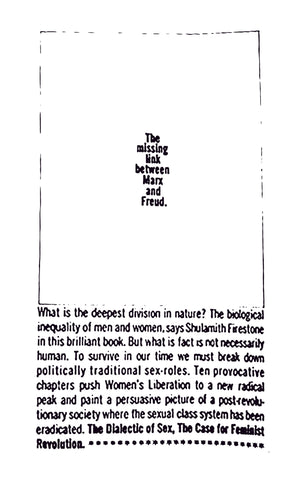
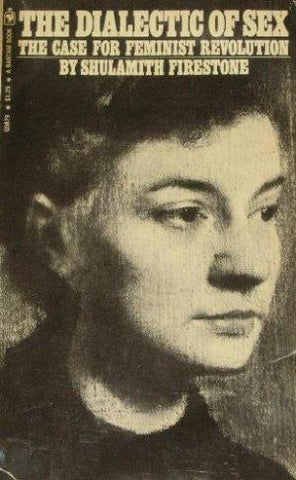
Shulamith Firestone died in Manhattan in 2012 at age 67. At her funeral, her sister Tirzah Firestone ended her eulogy with a fitting epitaph: “Shulie was a model for Jewish women and girls everywhere, for women and girls everywhere. She had children — she influenced thousands of women to have new thoughts, to lead new lives. I am who I am, and a lot of women are who they are, because of Shulie.”
